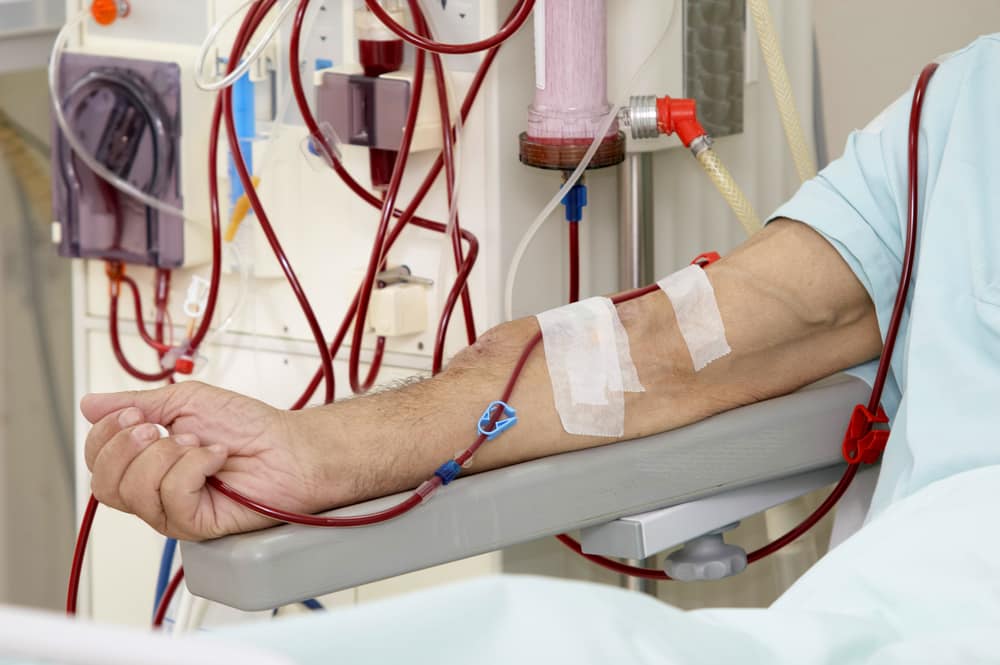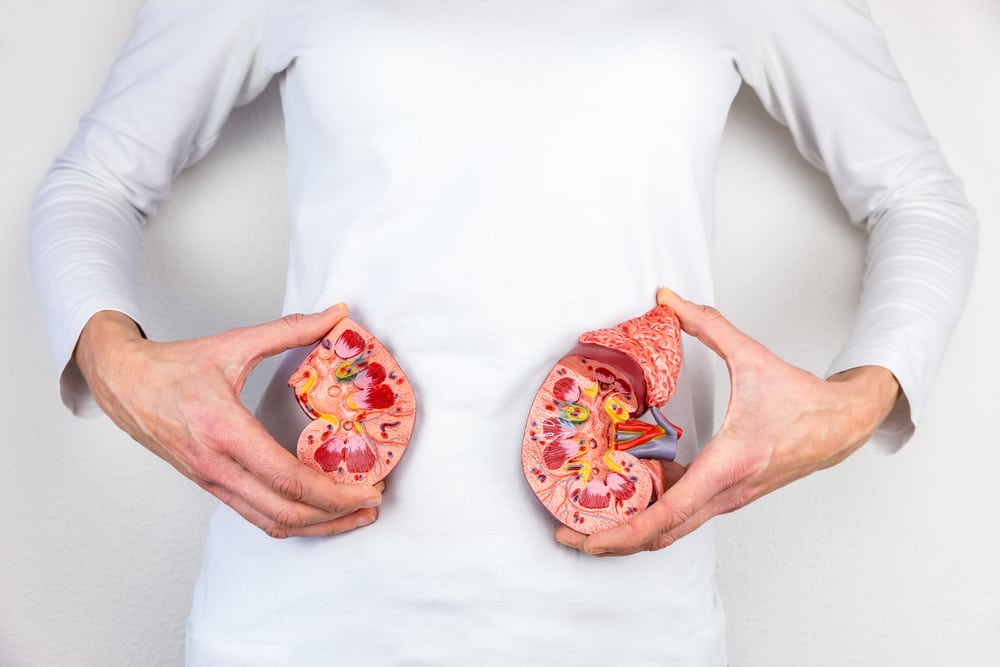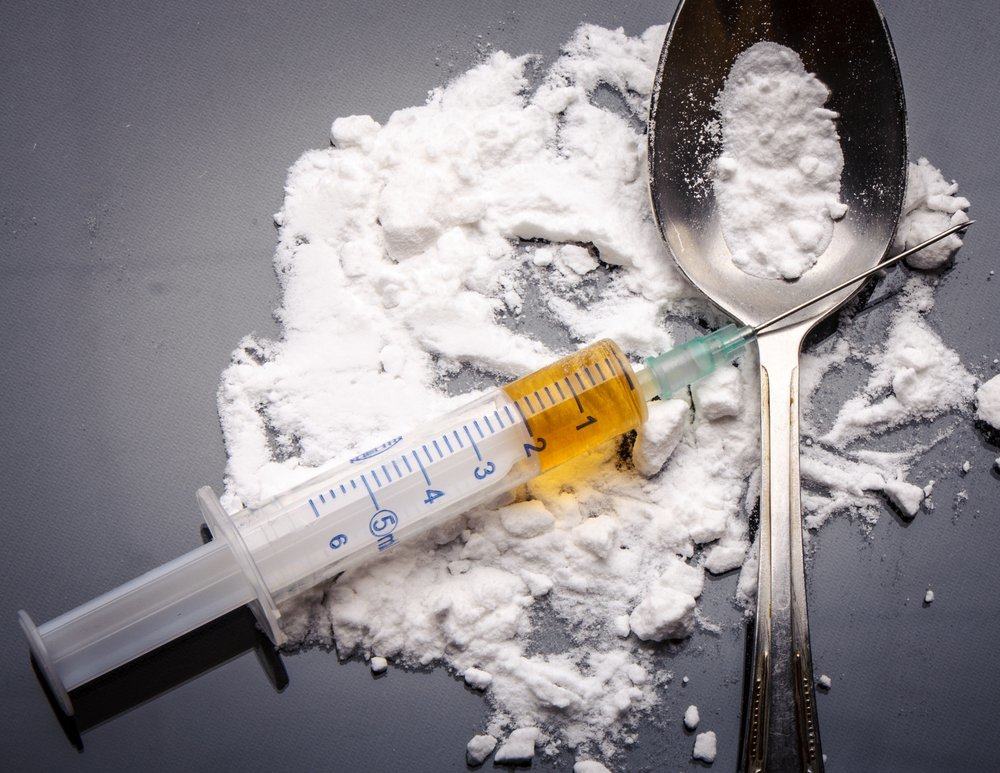Contents:
- Medical Video: Stages of Kidney Disease
- Actually what is kidney function in the body?
- Dialysis procedure for people with chronic kidney disease
- What are the effects of dialysis?
- What will happen if the dialysis is late?
Medical Video: Stages of Kidney Disease
Various kidney diseases can cause kidney failure to function. Especially if the disease is not well controlled. This will generally make people with chronic kidney disease have to do dialysis (hemodialysis) throughout their lives or until they get a new kidney donor through kidney transplant surgery. Given the importance of dialysis for patients with chronic kidney disease, what if someone is late for dialysis and what are the risks?
Actually what is kidney function in the body?
The kidneys are one of the organs that play an important role in the body. The main function of the kidney is to filter blood from toxic waste, waste products, or excess fluid in the body. Well, if the kidneys cannot function properly, the levels of toxins and harmful fluids will accumulate in the body.
If not treated immediately, the kidney can stop functioning. This is what will later become a problem for one's health. Even the consequences can be fatal or deadly.
Dialysis procedure for people with chronic kidney disease
Until now no one has been able to cure chronic kidney disease. That is, all that can be done is to maintain existing kidney function and prevent the emergence of more serious complications. Well, one of the treatments that can be used to maintain kidney function is dialysis.
Dialysis is a screening procedure with the help of a machine called dialysis. This procedure can help replace problematic kidney function so that the body can have a balance of functions.
Before dialysis, the doctor will do a series of medical tests to determine whether the patient needs dialysis or not. There are two things that usually become a doctor's benchmark, namely creatinine and urea levels in a patient's blood. If these two things are above normal levels, then the doctor will do a dialysis procedure.
Even so, keep in mind that dialysis cannot cure kidney disease or other conditions that affect kidney work. That is why other treatments are still needed. This procedure is usually performed at the hospital three times a week. The duration of action ranges from 3 to 5 hours, depending on the condition and medical needs of the patient.
What are the effects of dialysis?
Some patients who run dialysis generally will experience headaches, fatigue, nausea, vomiting, muscle cramps in certain parts of the body, and decreased blood pressure.Notify the health care provider immediately if at or after the procedure you are feeling uncomfortable with some of the side effects mentioned above.
Basically, dialysis does not interfere with patient activity. The proof is that many patients do dialysis but still have a good quality of life. They can still work or continue their daily activities. You may need several months to adjust and get used to dialysis procedures.
You can avoid many side effects if you have the right diet, follow your doctor's advice, and take medication that has been prescribed for you.
What will happen if the dialysis is late?
If someone who has chronic kidney disease is late in dialysis, of course this will cause problems. Here are some possible side effects if someone is late for dialysis.
- Increased levels of urea and creatine. The result is more waste and toxins that accumulate in the blood and body.
- The kidneys cannot filter blood properly. This can cause fluid buildup so you may experience swelling of the legs and arms. You can also experience shortness of breath. In essence, the symptoms that you have experienced before dialysis can recur.
- Kidney function decreases. If you are late for dialysis several times, kidney function will slowly weaken.
- More kidney tissue and other organ cells are damaged. Without dialysis, kidney tissue and other organ cells in the body cannot work alone and will eventually be damaged.
- Symptoms and complications get worse. Late complications of dialysis include heart failure. This is because suddenly the level of potassium in the blood rises. Heart failure can be fatal.
- Kidney function will stop completely. If you don't routinely dialysis, your kidney function can stop completely. Because the kidney is a vital human organ, a kidney that is no longer functioning can cause death.













